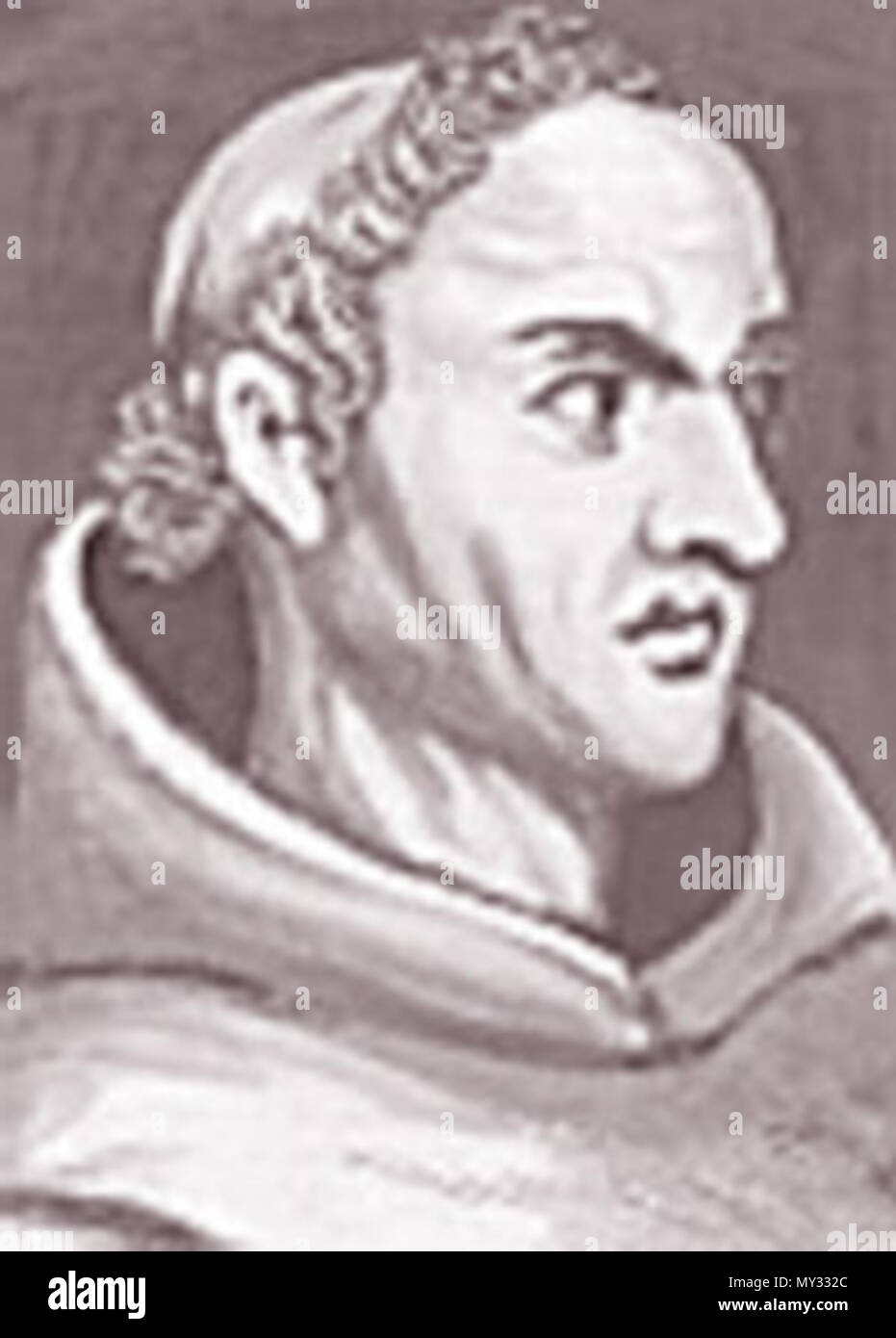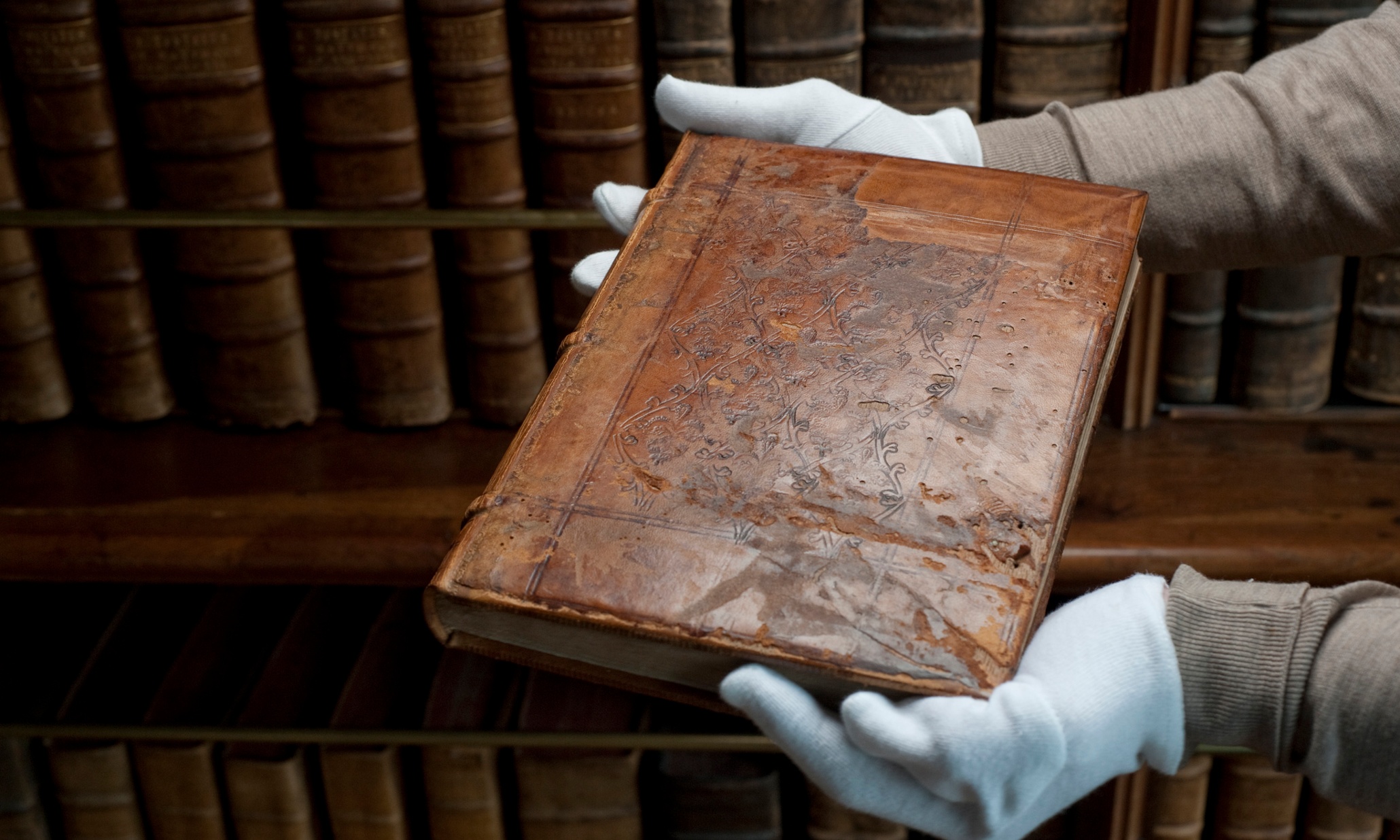

It is thought that he died in 1349, a victim of the Black Plague, and that he was buried in the Franciscan church at Munich. When Louis of Bavaria died in 1347, the contest with the Avignon papacy became a lost cause and there is some evidence that Ockham sought to reconcile himself with the Franciscan faction that had remained loyal to the pope.
#PHILOSOPHER WILLIAM OF OCKHAM SERIES#
During the ensuing years Ockham remained at Munich and devoted his energies to writing a series of treatises and polemical works directed against John XXII, some of which contained carefully argued discussions of the powers and functions of the papal office, the church, and the imperial or civil authority.

The pope, enraged by this defection, excommunicated Ockham and his companions, not for heretical doctrines but for disobedience to his authority. Louis, whose claim to the imperial crown was contested by Pope John, welcomed the support of Ockham in his cause, as well as that of Marsilius of Padua. When, in May 1328, it became apparent that the pope was about to issue an official condemnation of their position, Cesena, Ockham, and two other Franciscan leaders fled by night from Avignon and sought the protection of the German emperor, Louis of Bavaria. Meanwhile Ockham became actively involved in the dispute then raging between Michael of Cesena, general of the Franciscan order, and Pope John XXII over the question of evangelical poverty and he gave his support to Cesena. A commission of six theologians was appointed by Pope John XXII to examine the charges against his teaching and although this commission drew up two lists of suspect doctrines, no action appears to have been taken on the charges.
#PHILOSOPHER WILLIAM OF OCKHAM LICENSE#
Because his academic career was cut short by these events, so that he never received his license to teach, he came to be known as “the venerable inceptor”-that is, candidate who never received the doctoral degree he had earned.Īt Avignon, Ockham stayed at the Franciscan convent while awaiting the outcome of the process against him and during this period he probably wrote several of his theological and philosophical works. In 1323 one of the latter, John Lutterell, went to the papal court at Avignon to press charges of heretical teaching against Ockham, who was summoned to Avignon to answer these accusations early in 1324. In this period his teachings, recognized for their power and originality, became a center of controversy and aroused opposition from partisans of Duns Scotus, whose doctrines Ockham criticized, as well as from most of the Dominican masters and some of the secular teachers. During the next four years, while awaiting the teaching license which would have made him a magister actu regens, or doctor of theology, Ockham took part in quodlibetal disputations, revised his lectures on the first book of the Sentences for public circulation, and wrote some philosophical and theological treatises. He entered Oxford around 1310 as a student of theology and completed his formal requirements for the degree by lecturing on Peter Lombard’s Sentences in the years 1318–1319, thereby becoming a baccalaureus formatus, or inceptor.

Of his early life nothing is known but it is supposed that he was born in the village of Ockham, Surrey, between 12 and that he became a Franciscan friar at an early age. Traditionally regarded as the initiator of the movement called nominalism, which dominated the universities of northern Europe in the fourteenth and fifteenth centuries and played a significant role in shaping the directions of modern thought, William of Ockham ranks, with Thomas Aquinas and Duns Scotus, as one of the three most influential Scholastic philosophers.


 0 kommentar(er)
0 kommentar(er)
